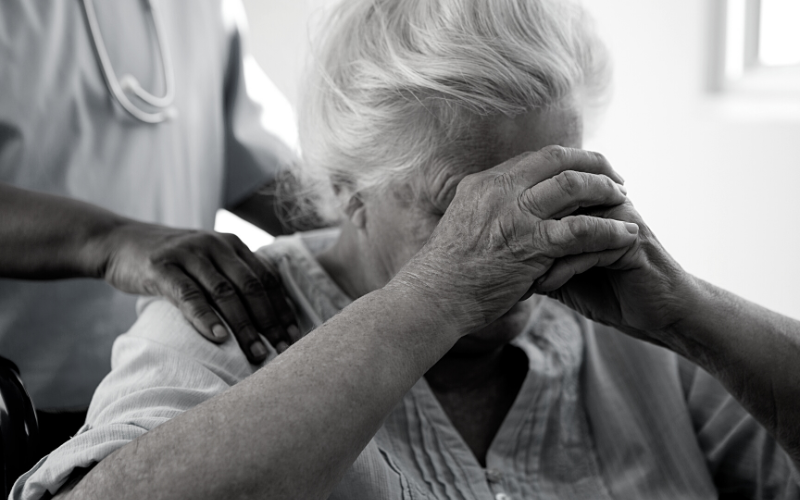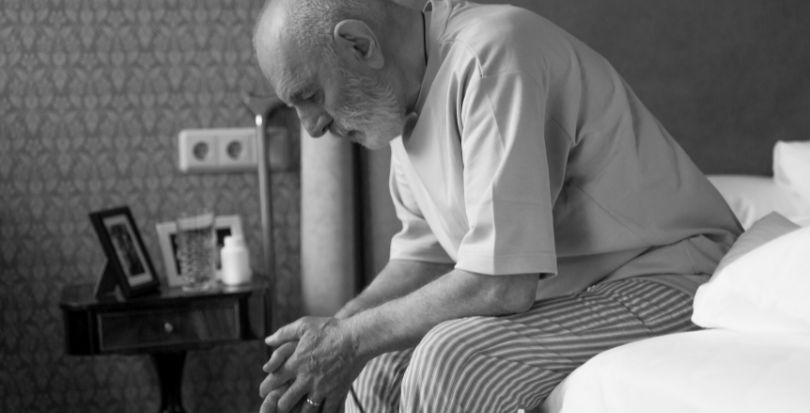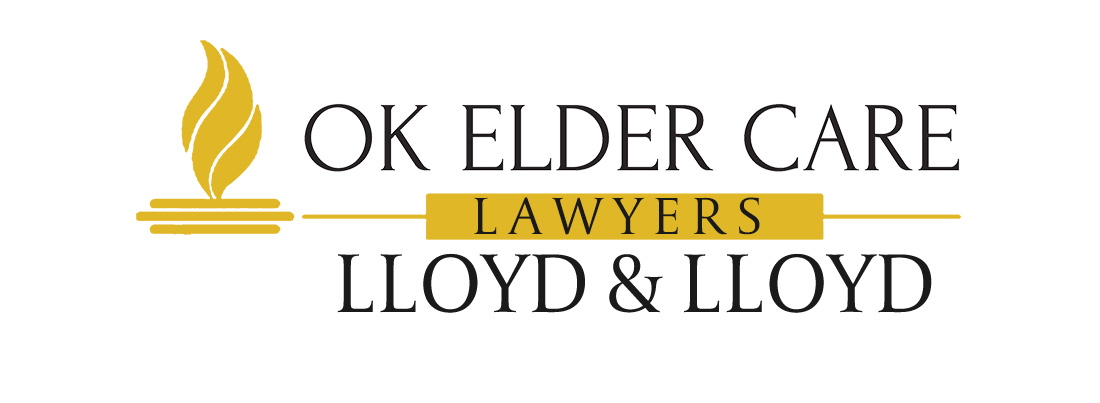
Nursing Home Abuse
When you entrust a loved one to a nursing home, you expect them to receive compassionate, professional care in a safe environment. Unfortunately, nursing home abuse and neglect are all too common, placing vulnerable residents at risk of serious harm. Abuse in nursing homes can take many forms, from physical and emotional mistreatment to neglect of basic needs and financial exploitation.
At Lloyd & Lloyd, we understand how devastating it is to suspect that a loved one may be suffering due to the negligence or misconduct of nursing home staff. Our team is dedicated to standing up for victims of nursing home abuse, helping families seek justice, and ensuring facilities are held accountable. If you believe your loved one may be experiencing mistreatment, we are here to provide the legal support and guidance you need to protect them and pursue the care and respect they deserve.
Malnutrition
Residents above 60 years old are at the highest risk of malnutrition, which is why maintaining a proper diet is critical for nursing home residents. Many patients must stick to strict doctor-recommended diets due to their medical conditions. Failing to ensure that a resident is adhering to their proper diet and receiving essential vitamins and nutrients can cause extreme weight loss, dizziness, and fatigue.
Dehydration
Generally, most adults do not feel thirsty until they are already at a point of mild dehydration. This is why sticking to a strict hydration regimen in nursing homes is critical. By the time a resident is feeling thirsty enough to reach out to nursing home staff, they are likely already dehydrated. If those signs are ignored, severe dehydration can occur. Similarly to instances of malnutrition, a hydration regimen must be adhered to prevent medical complications.
PEG tube and catheter care neglect
When a patient requires a catheter or PEG tube, they have a specific medical need that some nursing home workers are not properly trained to treat. These cases call for very strict cleaning and changing schedules to be followed to avoid infections. If the staff is not aware of these cleaning and changing schedules, residents might be put at risk of nursing home neglect.
Burns and scalding
In many nursing home facilities, smoking accidents are likely to occur. The U.S. Fire Administration has pointed out that smoking is the top cause of fire-related fatalities for elders. On top of this, unattended candles, heated wiring, hot water, and other fire hazards can cause burns. These injuries are especially dangerous to the elderly.

Failure to administer medication properly
Knowing when to administer medication is half the struggle for nursing homes. Having well-trained and qualified employees to administer medication properly is the other half. If your resident requires more than pill-based medication, it’s important to ensure that the staff is ready to handle that specific condition.
Lack of pain management
As medical conditions flare up and new injuries accumulate, proper pain management is important for many nursing home residents. Once again, if a strict medication schedule is not followed, residents can be left in pain without the proper medication or treatment. Imagine if a single resident did not receive their pain medication for an entire day.
Choking
Choking accidents occur all too frequently in the United States and in nursing homes specifically. With call buttons and proper training, the number of choking incidents and deaths should decrease in nursing homes.
Failure to bathe a resident
Most of us can go a handful of days without showering or bathing, but in some cases residents have gone weeks without being properly bathed by nursing home staff. In these extreme cases, residents are put at risk of a plethora of infections and diseases.
SCHEDULE A CONSULT WITH THE LEGAL EXPERTS AT LLOYD & LLOYD
No family wants to face having to put a loved one into a nursing home. However, if it is necessary to take this step, the family deserves to know that the promises of the nursing home to take care of their parent(s) are true.
